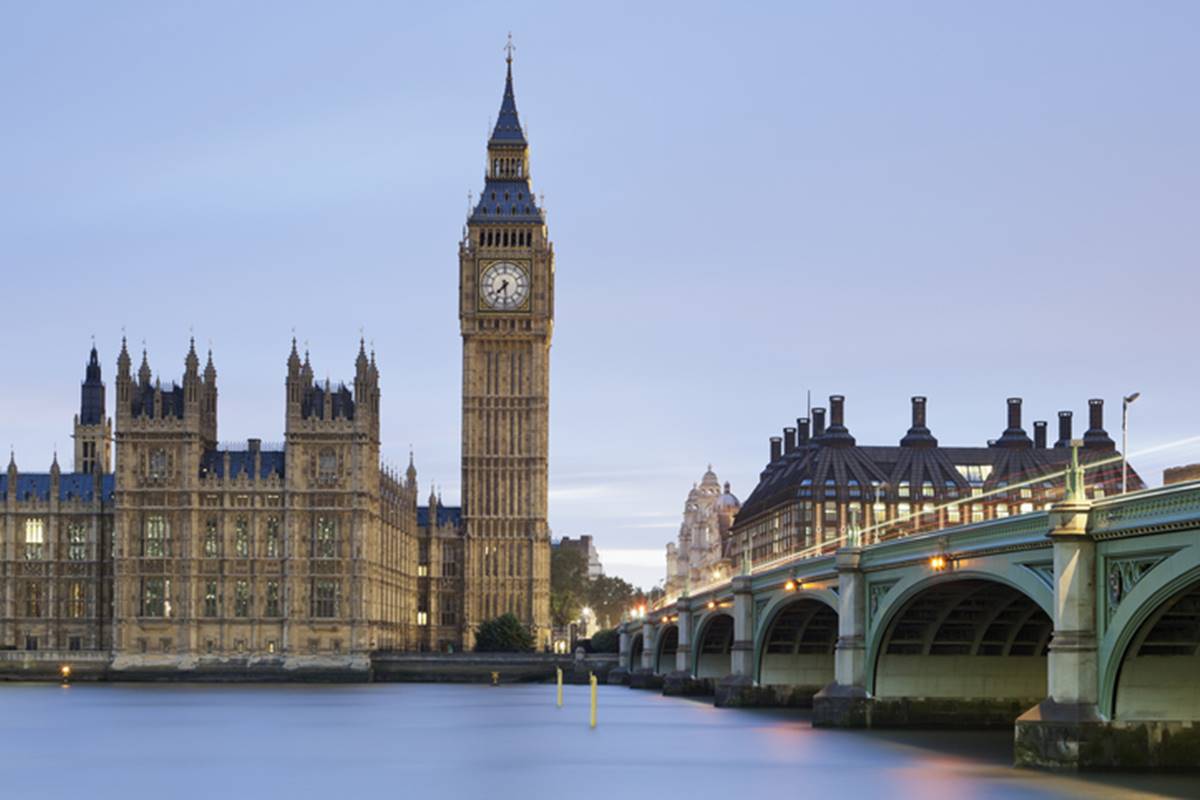The Inter-American Commission on Human Rights (IACHR) condemned on Thursday (22) the decision taken by the Daniel Ortega regime in Nicaragua to legalize 1,500 civil society organizations, including at least 700 of a religious nature.
The Inter-American Commission on Human Rights condemned in a statement that “this measure intensifies repression in Nicaragua, demonstrating the ongoing attack against pluralism and the deliberate closure of civil and democratic space in the country.”
On August 19, the Nicaraguan regime, through the Ministry of the Interior, dissolved 1,500 associations that operated as non-profit organizations, including Catholic NGOs, sexual diversity organizations, educational, social, and retired military organizations, and ordered their assets to be transferred to the state.
This unprecedented measure, the first time that 1,500 NGOs have been banned in a single law, came three days after the Sandinista dictatorship announced a “reform” in the work of NGOs, which will now have to form “alliances” with state institutions to carry out their projects in the country.
“These actions once again demonstrate the government’s repressive policy of completely eliminating civil and democratic space in Nicaragua,” said the Inter-American Commission on Human Rights, the Organization of American States’ main and independent body responsible for the promotion and protection of human rights. In the Americas
The body explained that the closure of civic space is possible in Nicaragua “because all branches of government are subject to the executive branch, as has been extensively documented by the commission.”
In its report “Closing Civic Space in Nicaragua,” released in September 2023, the Inter-American Commission on Human Rights concluded that the mass closure of organizations has severely limited the ability of civil society to actively participate in political, social, cultural and religious life, as well as to promote and defend human rights and the return of democracy.
The Committee urgently called on the Nicaraguan regime to immediately cease repressive actions and restore the full exercise of fundamental rights and freedoms in the country.
The organization also called on the international community to redouble efforts to demand respect for human rights in Nicaragua and to support civil society and religious organizations that, despite the hardships, continue to struggle for justice, freedom and democracy in the country.
Nicaraguan authorities have dissolved some 5,400 non-profit associations following popular protests that erupted in the country in April 2018 against the dictatorship of Daniel Ortega.

“Music fanatic. Professional problem solver. Reader. Award-winning tv ninja.”



![[VÍDEO] Elton John’s final show in the UK has the crowd moving](https://www.tupi.fm/wp-content/uploads/2023/06/Elton-John-1-690x600.jpg)


More Stories
A South African YouTuber is bitten by a green mamba and dies after spending a month in a coma
A reptile expert dies after a snake bite
Maduro recalls his ambassador to Brazil in a move to disavow him and expand the crisis